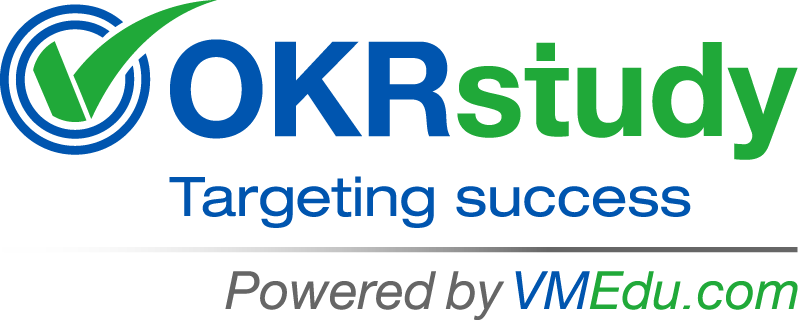OKRs (Objectives and Key Results) are a goal-setting framework that can be applied in various areas to drive alignment, performance, and results. Some common application areas for OKRs include:
-
Corporate Strategy and Leadership
- Aligning company-wide goals with strategic objectives.
- Ensuring that all teams work toward the same vision.
- Tracking long-term business growth and success.
-
Product Management
- Defining product development goals.
- Enhancing cross-functional team alignment (design, engineering, marketing).
- Setting targets for product launches, user acquisition, and engagement.
-
Marketing
- Setting measurable goals for brand awareness, lead generation, and conversion rates.
- Aligning marketing efforts with sales and growth targets.
- Tracking campaign performance and optimizing ROI.
-
Sales
- Setting clear targets for revenue generation, client acquisition, and customer retention.
- Aligning individual sales teams with broader organizational goals.
- Tracking team performance against targets for growth.
-
Human Resources
- Setting goals for talent acquisition, employee engagement, and retention.
- Aligning workforce development and training with company objectives.
- Measuring and improving employee satisfaction and performance.
-
Engineering and Technology
- Defining technical goals, such as reducing downtime, improving system performance, or scaling infrastructure.
- Aligning development sprints with business priorities.
- Monitoring progress and ensuring delivery meets deadlines and quality standards.
-
Customer Support
- Setting objectives for customer satisfaction, response times, and resolution rates.
- Aligning support teams with business goals like customer retention and product adoption.
- Tracking service quality and improving overall customer experience.
-
Finance
- Defining financial goals, such as increasing profitability or reducing costs.
- Aligning budgeting, forecasting, and resource allocation with company-wide objectives.
- Measuring financial performance against key metrics like cash flow, ROI, and cost efficiency.
-
Non-Profit Organizations
- Aligning the mission-driven goals with measurable outcomes.
- Setting clear objectives for fundraising, community engagement, and program impact.
- Ensuring resources are efficiently allocated to achieve maximum social impact.
OKRs can essentially be implemented in any domain or industry where performance needs to be measured, tracked, and aligned with broader goals. The flexibility of the framework allows organizations to tailor it to their specific needs.
